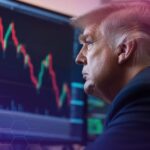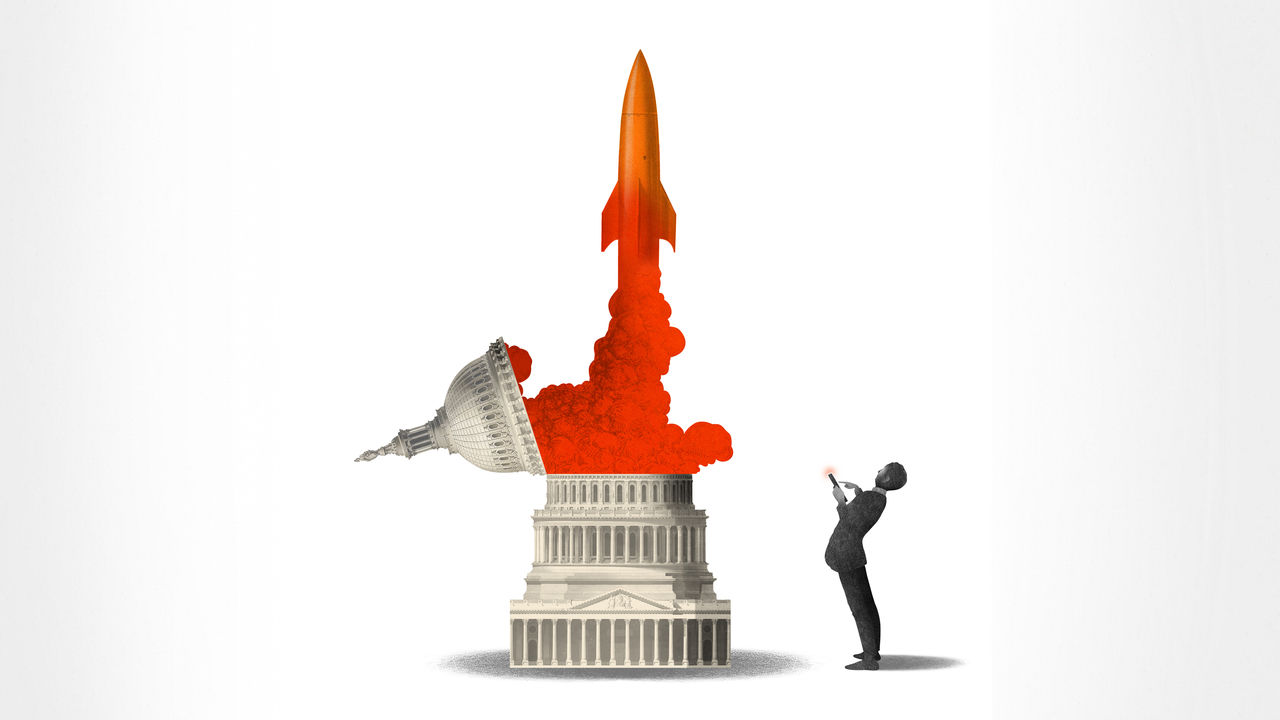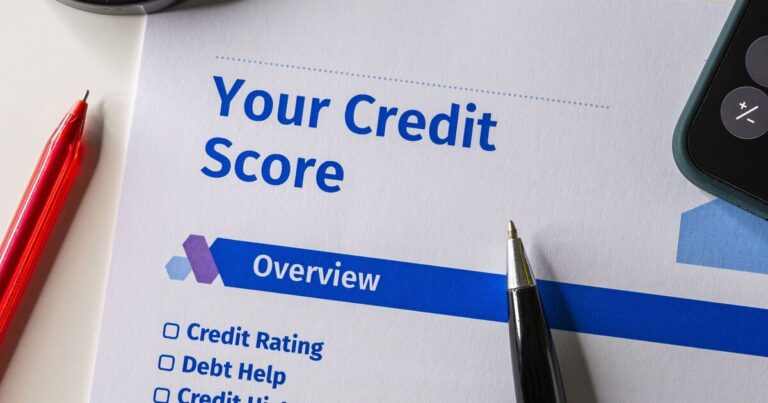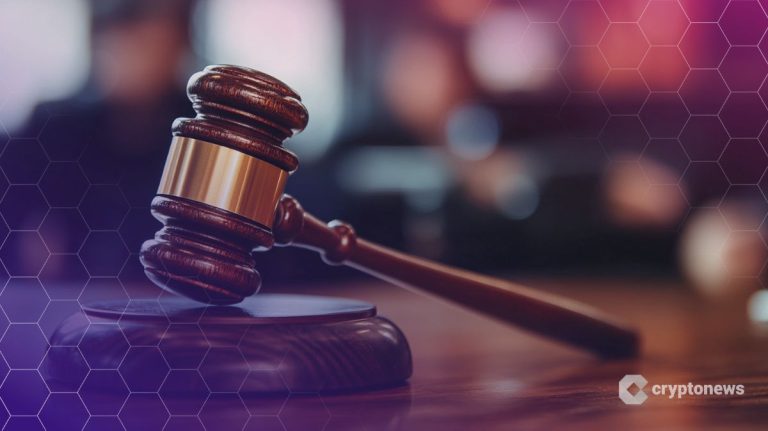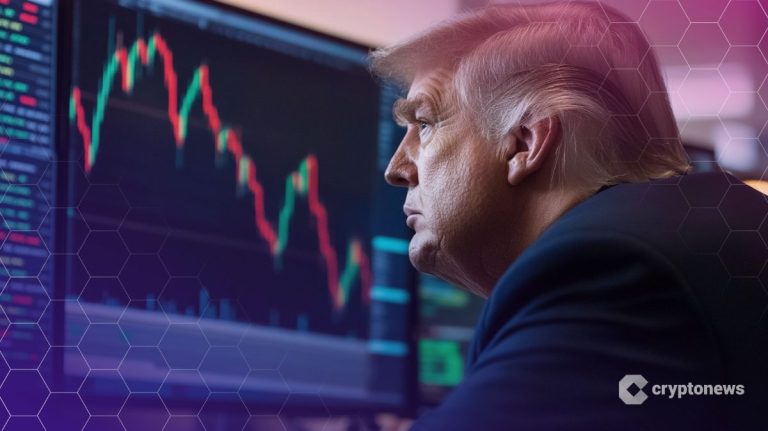
You have to hand it to Elon Musk. The man who plumbed the depths of his PayPal fortune to launch SpaceX, a private rocket company, and put up with “production hell” to make Tesla’s first mass-market electric vehicles (EVs), has just pulled off another coup. President-elect Donald Trump’s most prominent financial backer and loudest advocate has come as close to the levers of presidential power as any serving CEO in American history.
There is little doubt what Mr Trump’s election triumph will mean for Mr Musk’s business empire. Tesla’s share price surged by almost 15% on November 6th, making it one of the biggest gainers in the S&P 500 that day, pushing Mr Musk’s fortune up by $20bn, to $285bn. Pundits promptly wondered whether the world’s richest man was on a path to becoming its first trillionaire.
What the relationship between the two men means for America is a murkier matter. Mr Musk could just be the breath of fresh air government needs. But the endeavour is fraught with danger. The merger of unrivalled power and wealth between two unashamed egomaniacs with boundless self-regard and scant respect for rules and regulations could go badly wrong—if they don’t end up hating each other first.
As he has so often done before in his career, the mercurial Mr Musk went all-in on his instinct. It was Mr Trump or bust. Had Kamala Harris, the sitting vice-president, won the election, it is quite possible that the cold shoulder Mr Musk received from President Joe Biden would have turned into a regulatory stranglehold. The payoff from Mr Trump was immediate. “A star is born: Elon!”, the president-elect declared in his victory speech.
Mr Musk stands to benefit from Trumpian favour in a number of ways. The president-elect is no fan of EVs; his allies have talked of rolling back or eliminating emission standards for vehicles and Mr Trump may cut tax credits to EV buyers. Rather than hurting Tesla, though, such measures would give it an advantage over legacy carmarkers, such as General Motors and Ford, whose EVs are not yet profitable. Mr Trump’s intention to raise tariffs on imports from China also reduces the risk that Tesla’s cars will face competition in America from cheap Chinese models.
SpaceX may benefit even more from the bromance. In his victory speech, Mr Trump gushed over the “beautiful, shiny white” rocket recently launched by Mr Musk’s company, and pointed out that when Hurricane Helene struck North Carolina, SpaceX’s Starlink satellites swiftly came to the rescue. Many Republicans hope Mr Trump will throw his weight behind Starlink-like satellite systems and scrap Mr Biden’s $42.5bn project to roll out broadband to rural areas, which has been an expensive flop. Yet satellites are just one rung on a much longer ladder for SpaceX. Mr Musk’s goal is to send people to Mars. That would be easier without regulatory tussles with the Federal Aviation Administration, which oversees commercial space flight. It is hard to imagine Mr Trump not being supportive. He would surely love to boast that he helped put an American on the red planet.
Using political influence to secure regulatory slack for Tesla, SpaceX and other parts of Musk Inc would hardly be unprecedented; why else do CEOs support presidential campaigns? The consequences for X, the social-media platform owned by Mr Musk, could be bigger still. X has been a commercial disaster ever since Mr Musk bought and rebranded Twitter two years ago. But its potency as a mouthpiece for America’s new power couple has given it another kind of value. As Tevi Troy, author of a recent book on the relationship between ceos and presidents puts it, many former presidents have used technologies to promote their ideologies, from Franklin Roosevelt with radio to Barack Obama with Facebook. X, possibly with live-streamed interventions from Mr Trump, may well become the next example. Rumours are already circulating that it could merge with the parent company of Truth Social, the president-elect’s own rant factory.
Meanwhile, Mr Musk hopes to shrink America’s federal bureaucracy. Before the election Mr Trump promised him a role as the head of a commission to cut government waste. Mr Musk might just be enough of a force of nature to shake up the public sector. On November 6th the entrepreneur tweeted a photoshopped image of himself in the Oval Office carrying a kitchen sink—the same meme he used when he took over Twitter in 2022. The question, though, is how easily his approach can be transferred to government. In his private fiefdom Mr Musk is free to be ruthless, within limits. As a cost-cutter he is brutal; he went as far as firing Twitter’s janitorial staff, meaning employees had to bring their own toilet paper to work. He sacks people who talk back to him and tears stuff up on a whim. In government, Mr Musk will encounter unionised workers and endless lawsuits.
From the john to the junta
In a recent interview with Politico, a news site, Fiona Hill, a former national-security adviser to Mr Trump, spelled out the biggest danger: oligarchy. She argued Mr Musk’s relationship with Mr Trump, as well as with Russia’s Vladimir Putin and some of China’s leaders, would serve a clique of powerful interests and strengthen autocracy around the world. That is a risk. But it is not the only plausible outcome. Time and again Mr Musk’s successes have astounded sceptics. You cannot rule out the chance that he shakes up government in helpful ways, too.
And there is another possibility. Other businessmen who have worked with Mr Trump, such as Rex Tillerson, the former boss of ExxonMobil, came to regret it. Both Mr Musk and Mr Trump believe they are second to none, which is hardly grounds for a lasting friendship. The bromance has burned bright and fast. It could fizzle out just as quickly. ■
Subscribers to The Economist can sign up to our new Opinion newsletter, which brings together the best of our leaders, columns, guest essays and reader correspondence.



